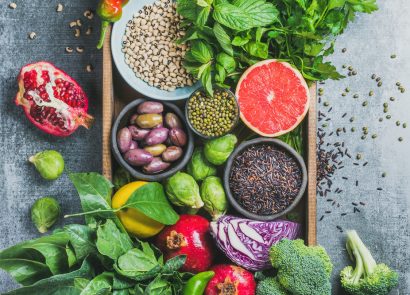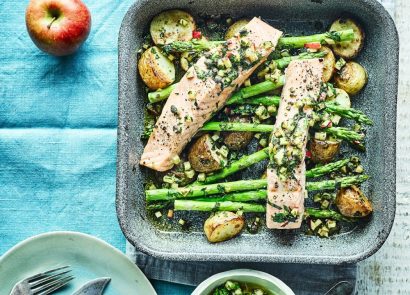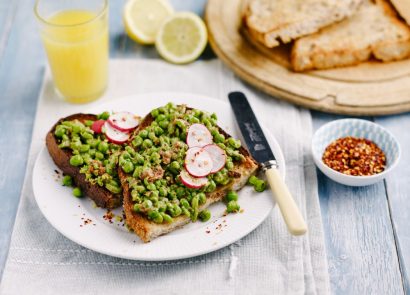The biggest problem with fad diets is that they normally only work in the short-term – you might see great results quite quickly, but once the diet is over, the weight will come back, often more than the amount you initially lost. The best way to keep healthy and maintain your weight is to lead a healthy lifestyle as a whole, combining exercise and healthy eating, without denying yourself the foods that you enjoy. Here are some common misconceptions you should ditch when it comes to dieting…
-
Eliminate Fats Fat-free diets have been the craze for a while yet they make up a vital part of our diets and the right types should be consumed in healthy amounts. For overall wellbeing, good fats (found in avocados and salmon for example) should be included in a healthy diet as they provide essential fatty acids that the body can’t make itself, help the body absorb certain nutrients, and are a source of energising fuel.
-
Go Carb-Free A carb-free diet is a fad diet just like any other and although there is some truth to it, many times it is part of a study taken out of context and placed in a wider situation. Same as with fats, there are good and bad carbohydrates, and you should try to limit processed carbs including white pasta, cereals and breads. But it is the overeating that causes weight gain and not the carbs. If you cut out the excess of processed carbs from your diet you could lose weight more easily eliminating a food group, such as carbs, is not linked to sustainable health, which is more important than quick results.
-
No Food After 8pm This is a common myth that so many people follow, but with very little result. The truth is that the calories you eat can’t tell time – whether you eat them in the morning, afternoon, or evening, they will still get digested. It is true that if you eat and go to bed straightaway, the consumed food will take longer to digest, but as soon as you start moving, it will get digested just the same. The best thing to do if you feel hungry before bed is to eat a healthy snack, like low-sugar cereal or a fruit like banana. Stay away from carbs since protein and fat are the sources that actually have a higher combustion during night time than carbs.
-
Religiously Counting Calories Eating 200 calories of something loaded with sugar or salt is not the same as eating 200 calories of fruit, vegetables or brown rice. Instead of counting the calories, focus on which calories you are eating – making the decision to eat healthy overall will help you lose more weight, than obsessing over the number of calories that you consume






















